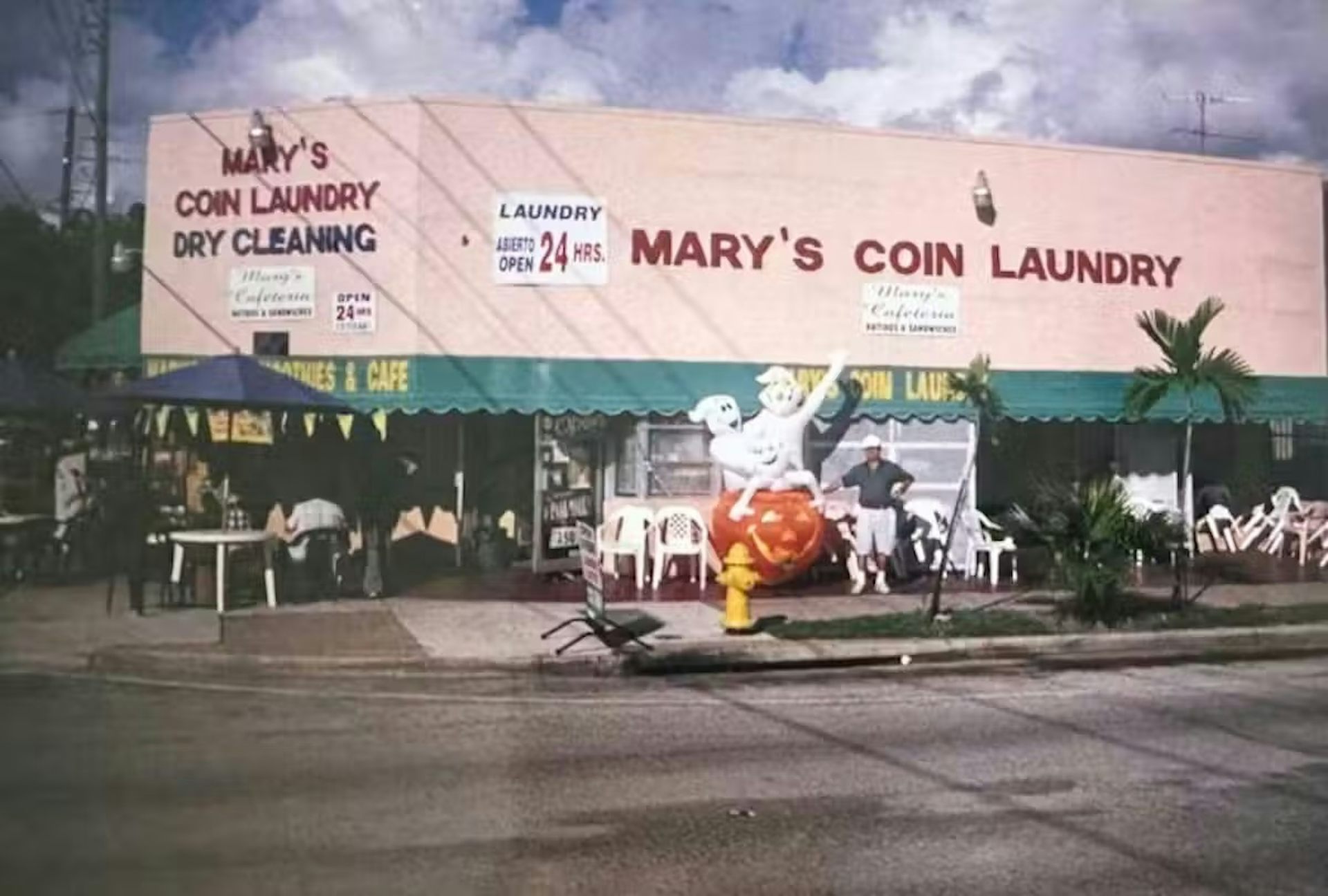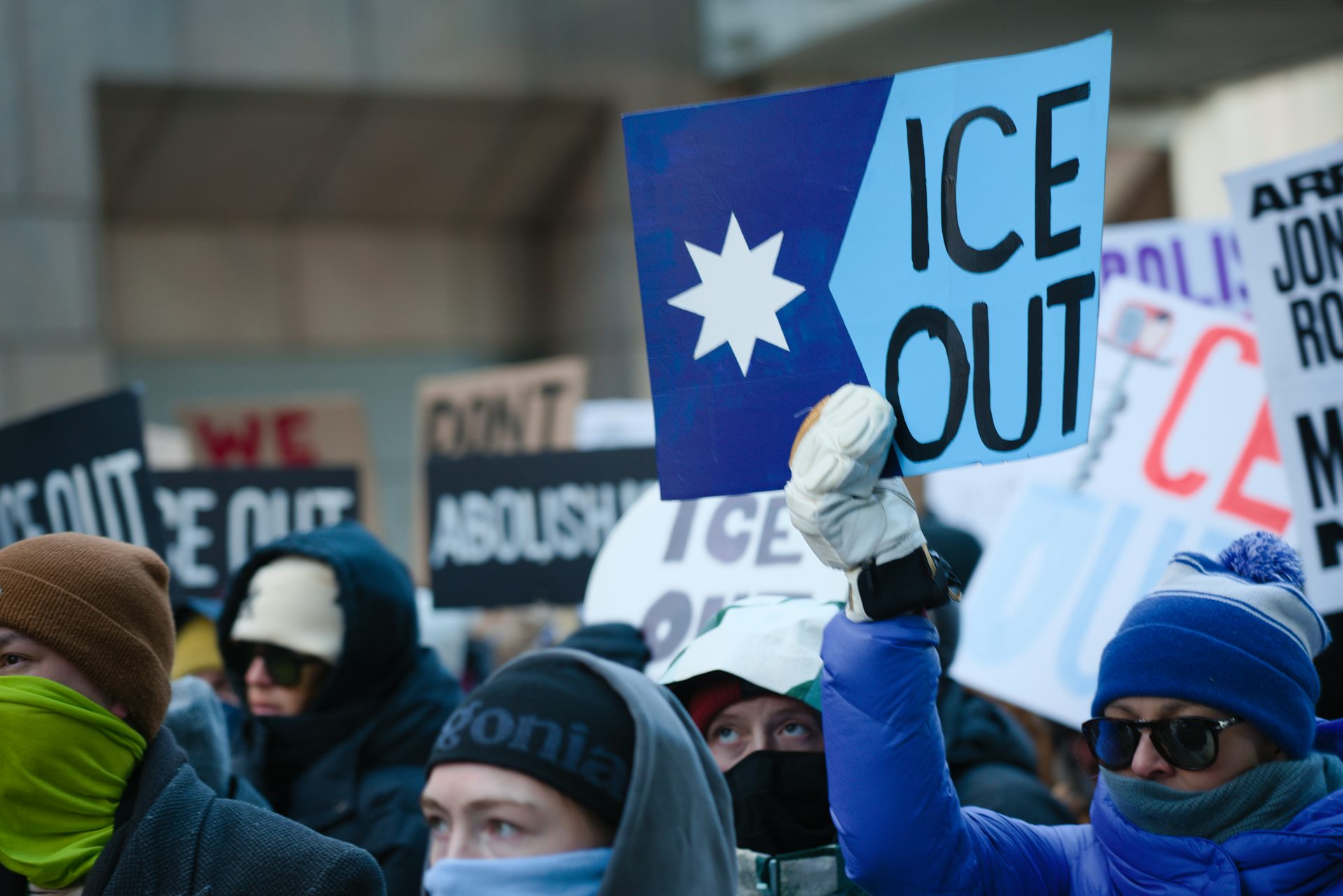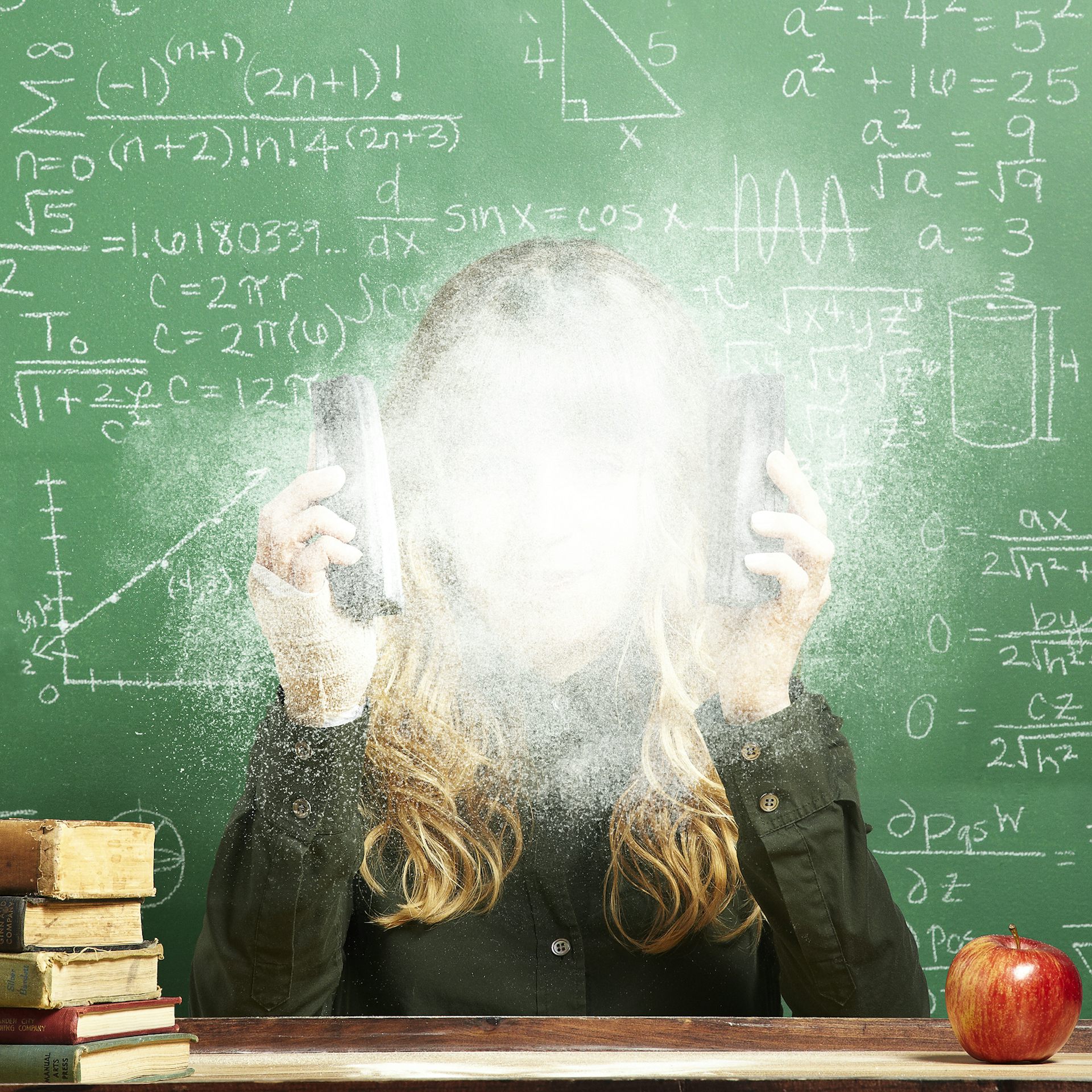Parents with children forced to do school at home are drinking more
The stress of having children do distance learning at home during the pandemic is linked to an increase in alcohol consumption among parents, a new survey finds.

The Research Brief is a short take about interesting academic work.
The big idea
We found that parents who are stressed by having to help their children with distance learning during the COVID-19 pandemic drink seven more drinks per month than parents who do not report feeling stressed by distance learning. These stressed parents are also twice as likely to report binge drinking at least once over the prior month than parents who are not stressed, according to our results. Binge drinking, which varies by gender, is when women consume at least four, or men have at least five alcoholic beverages (which includes beer, wine, or liquor) within a couple hours of each other.
We learned this from our online survey, which 361 parents with children under 18 years old currently living with them completed in May 2020. Seventy-eight percent of the parents had children who did distance learning in the Spring of 2020. Of those, 66% reported that the experience caused them stress because they were not sure how to help.
We sent the survey out through social media sites and listservs to people throughout the U.S. However, this is not a nationally representative sample. As is common with such surveys, most of the parents who responded were middle-income or higher. The results of the study have not yet been published.
Why it matters
While many people joke about how booze is getting them through the COVID-19 pandemic, drinking can be harmful. More people die each year from drinking alcohol than from motor vehicle crashes, guns or illegal drugs. Increased drinking is also related to many public health problems, such as violence, crime, poverty and sexually transmitted diseases.
Drinking alcohol is especially dangerous during COVID-19 because alcohol use weakens your immune system. Drinking increases your likelihood of getting COVID-19 and, if you do get it, of having worse outcomes.
People increase their alcohol consumption after stressful times, such as tsunamis and hurricanes. Research has shown that this pattern has held before during disease outbreaks, including SARS in 2003, and following the 9/11 terrorist attacks.
COVID-19 is another stressful situation. One study in Poland with over 1,000 participants found that people are currently drinking more wine, beer and liquor than before the pandemic.
Given that distance learning is going to continue for the near future, we believe it is warranted to decrease stressors that lead to parents’ drinking.
What other research is being done
Parents are drinking more during the COVID-19 pandemic than people without children. Our survey is the first one to look at the relationship between alcohol use and the stress caused by distance learning during the COVID-19 pandemic.
What still isn’t known
School systems throughout the U.S. currently are planning for the upcoming year. In many cases, that will require more distance learning. For distance learning to be successful for children and parents, more needs to be known about what makes it stressful.
[Get facts about coronavirus and the latest research. Sign up for The Conversation’s newsletter.]
Another study of ours, currently underway, suggests that one reason that parents are stressed is that they are not getting enough guidance from teachers or schools. This is a particular concern for low-income families whose children, in general, already fare worse in school than more affluent children.
It is important to realize that teachers and other school staff are also experiencing stress and not getting enough guidance on how to do distance learning.
Our results were collected in May 2020. As distance learning becomes the new normal, at least for now, it is important to see what, if anything, changes in how well schools provide distance learning and how it affects parents.
Susan Sonnenschein received funding from the Montgomery County, Maryland Alcohol Beverage Services for this study. However, it should be noted that the content of this study is solely the responsibility of the authors and does not necessarily represent the official views of the Montgomery County, Maryland Alcohol Beverage Services. The funders had no role in the design of the study, data collection and analysis, decision to publish, or preparation of the manuscript.
Elyse R. Grossman received funding from the Montgomery County, Maryland Alcohol Beverage Services for this study. However, it should be noted that the content of this study is solely the responsibility of the authors and does not necessarily represent the official views of the Montgomery County, Maryland Alcohol Beverage Services. The funders had no role in the design of the study, data collection and analysis, decision to publish, or preparation of the manuscript.
Read These Next
How Jesse Jackson set the stage for Bernie Sanders and today’s progressives
The coalitions that Jackson built during his presidential campaigns created enduring infrastructure…
Florida’s immigrant entrepreneurs are creating jobs and prosperity in their communities
Stories of Florida’s immigrant entrepreneurs show how immigrants find opportunities and fill economic…
When ICE sweeps a community, public health pays a price – and recovery will likely take years
As immigration enforcement crackdowns expand across the US, communities can mobilize to lessen the public…






